Education
Civil Engineering
Graduate Major5 Features
Tackle local issues all over the world
-
1
Becoming a Globally Successful
Engineer/Researcher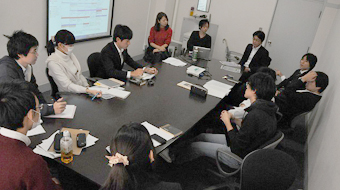
In the Graduate Major in Civil Engineering, we aim to educate globally successful engineers and researchers with the confidence of a leader who understands the relationship between technology and the environment, has advanced expertise and technological knowledge related to civil engineering, a rich education, and international communications skills. The Graduate Program is comprised of Lectures in which foundational academic fields are taught at a high level, and Research in which students acquire the knowledge and grounding essential to advanced engineers and researchers.
-
2
Building a Sustainable Future Society
in Harmony with the Environment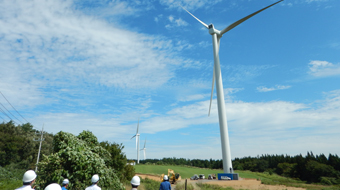
We promote research to build a sustainable future society in harmony with the environment by reorganizing the traditional subdivisions of civil engineering into three main fields, consisting of the sustainable social systems field (theory and technology for solving environmental problems on a global scale and those specific to regions), the social safety systems field (theory and technology related to building cities and regions resistant to natural disasters), and the next generation infrastructure/spaces fields (theory and technology related to achieving next generation infrastructure utilizing ICT that is safe, pleasant, and has a low impact on the environment).
-
3
Expanding Horizons and
Increasing Expertise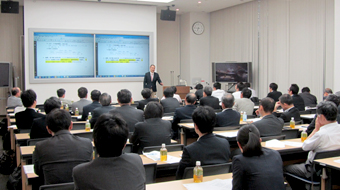
Graduate students tend to concentrate on increasing their expertise, but in the Master's Program, we also encourage them to expand their horizons by taking a wide range of courses. Additionally, in the Doctoral Program, we provide the opportunity for students to broaden their horizons by learning about the latest research in civil engineering and engaging in projects together with students from other fields.
-
4
Encouraging Graduate Students to
Study Abroad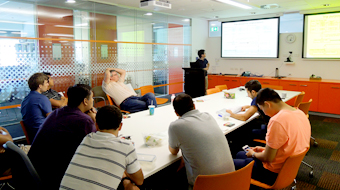
In the Graduate Major in Civil Engineering, 20-30% of graduate students study abroad as exchange students mainly at partner universities. We also provide the opportunity for students to participate in a dual degree program with France's natural civil engineering university École Nationale des Ponts et Chaussées (currently "École des Ponts ParisTech"), acquiring a master's degree from both schools.
-
5
Graduates Active in
a Wide Range of Fields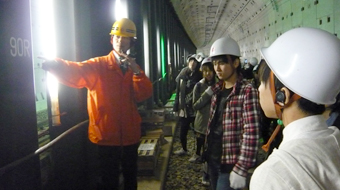
Graduates are employed not only by companies and consultants who deal with the construction of social infrastructure facilities, but also by central government offices such as the Ministry of Land, Infrastructure, Transport and Tourism, local authorities, and many companies that deal with the maintenance and operation of social infrastructure such as railroads, expressways, energy, and communications. Also, an increasing number of graduates are active overseas, working for international institutions (JICA, development banks, etc.).
